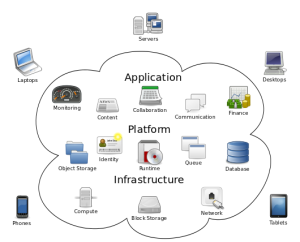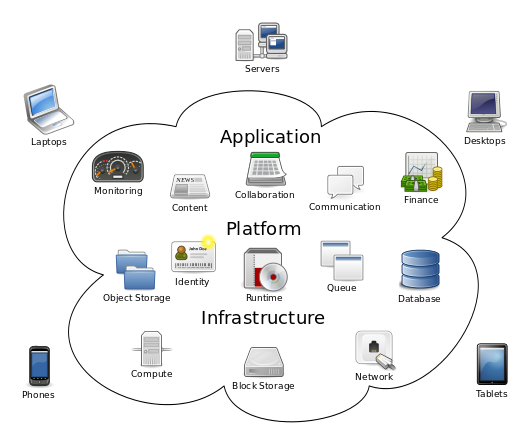 As large forwarders continue to expand in size and clout, independent small and mid-sized freight forwarders should look at harnessing innovative new technologies to stay in competition, according to a new whitepaper published by Transport Intelligence (Ti) in association with technology provider Kewill.
As large forwarders continue to expand in size and clout, independent small and mid-sized freight forwarders should look at harnessing innovative new technologies to stay in competition, according to a new whitepaper published by Transport Intelligence (Ti) in association with technology provider Kewill.
The new study, “The Future of Logistics—What Does the Future Hold for Freight Forwarders,” warns that large forwarders are in an acquisition mode that will increase not only their buying power and geographic scope, but also their range of services, especially those that add value and increase margin.
To outwit the logistics giants, independent freight forwarders must learn to evolve, mainly by moving out of their comfort zone of manual data entry and embracing automation so they can be more agile, smart, and efficient, and able to offer value-added services, said the report.
Evolution for some will mean developing their levels of expertise in niche sectors in order to differentiate their services. Others will evolve from pure forwarders to fully developed logistics providers, increasingly serving customers with integrated logistics services.
“For today’s forwarders, the pathway to profitability lies with process automation and value-added services,” said Evan Puzey, CMO at Kewill. “The best way to achieve those goals simultaneously is through technology. Cloud computing gives freight forwarders, particularly the small- to medium-sized companies, the logistics toolkit they need to remain nimble in a highly competitive market with thin margins.”
“In the future, highly functional systems, operating as a single application—covering every aspect of operations from pricing, order management, shipping, warehousing and transportation management—will emerge,” said Ken Lyon, one of the white paper’s authors. “These will be available as subscription services in the public ‘Cloud,’ accessible via a variety of computing platforms.”
The whitepaper adds that the technology requirements of small and medium-sized forwarders are those that offer solutions that are quick and easy to implement and provide much higher levels of end-to-end visibility.
For “independents” to prosper, “they will need to become smarter in order to succeed, grow and lock in customers,” the report continues. “This means that they must exploit the opportunities that the democratization of technology has brought about as well as using the experience, expertise and decision-making capabilities of their greatest assets—their employees.”
Photo: Sam Johnston





